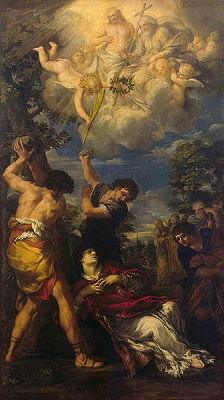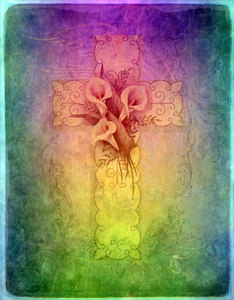
Special Report by ICC
12/14/2012 Washington D.C. (International Christian Concern)
The communist government of China has long been cracking down on house churches to pressure them to merge with the official church, the leadership of which is known to have helped authorities in persecuting the believers.
When Anglican Bishop Ding Guangxun, the longtime head of the government-sanctioned Protestant church, died on Nov. 22, World Magazine remembered him as "a polarizing figure in Chinese Protestantism."
Critics say Guangxun, who was popularly known as K.H. Ting, collaborated with the government by interpreting the Bible to suit the country's socialist beliefs. It's not surprising that a newspaper of the Chinese Communist Party called him a "dear friend" of the party. Ding was also known for joining in persecuting house churches, the Christian news magazine noted.
Ting was the founding president of the China Christian Council, which together with the Three-Self Patriotic Movement (TSPM), forms the only state-sanctioned (registered) Protestant church in mainland China.
A glaring example of the involvement of the official church in helping authorities to pressure house churches to join the TSPM emerged in June this year. U.S.-based group China Aid quoted leaders of Beijing's Shouwang house church as saying that when 16 of their church members were detained that month, members of government-approved churches visited police stations for two weeks to "educate" and "admonish" the detained congregants, urging them to join official churches.
The alleged role of the official church in persecution of Shouwang - which has been praised by Christians around the world for its members' love and commitment towards the Christian faith - shows the extent to which some of the TSPM leaders have "cooperated" with the government.
Shouwang began as a home Bible study in 1993, and rose to become one of the largest house churches in 2007. The church, which has about 1,000 members, owns a floor in the Daheng Science and Technology Tower in northwest Beijing's Zhongguancun area, but authorities have prevented its members from using the property. The congregation has been meeting in a park for more than a year despite sporadic arrest and detention of its members during services.
The official church perhaps fears that unofficial churches' fervor might lead to a backlash. But, instead of seeking to address its concerns through dialogue, the official church has "cooperated" with the Chinese government despite the latter's covert efforts to eventually close down house churches throughout the country.
According to China Aid, the Chinese government launched a three-phase campaign in 2010 to stamp out "illegal" churches, and to have all Protestant congregations come under the umbrella of the TSPM.
"In December 2010, the Communist Party Central Committee's Public Security Commission issued a secret document to target China's house churches in implementing its special suppression campaign 'Operation Deterrence,'" explained a report by the group. "Government officials of all levels were told to 'guide' Christians attending those unregistered churches to worship in government-approved Three-Self churches, and to 'break up' large churches like Shouwang Church into small groups."
Ryan Morgan, International Christian Concern's Regional Manager for Southeast Asia said, "Real religious freedom in China can never exist until the State removes itself from control over the Church." For decades the communist party has used the Three Self Church and the China Christian Council in an attempt to align Christians with the values of a Marxist State, he added. "For those unwilling to participate in this arrangement, the only choice has been to worship illegally and face the threat of harassment, arrest, torture, and imprisonment. Tens of millions of Christians in China are still forced to do this today."
Far from the prediction of the communist party that religion will disappear as society progresses, as well as Mao's belief that religion is a poison, Christianity has grown like wildfire in China. Chinese academic Frank Lee, who has studied the development of house churches in the country, estimated a few years ago that there were about 20 million people who were part of the Three-Self Church, but the house churches had 10 million Catholics and up to 70 million Protestants. Many believe the actual collective strength of the house churches could be far more than Lee's estimate.
The communist party realizes that the growth of Christianity has brought some sense of morality in the nation's highly materialistic and value-starved society. But the party is still not willing to allow the house church movement to grow unless it promotes the government's political ideology, which the believers see as dilution of the Christian faith.
"We call on China's new General Secretary of the Communist Party, Xi Jinping, to bring an immediate end to prosecution of 'House Church' Christians and to free the Three-Self Church and China Christian Council from government interference," Morgan said. For interviews, contact Ryan Morgan, Regional Manager for Southeast Asia: [email protected]
# # #
You are free to disseminate this news story. We request that you reference ICC (International Christian Concern) and include our web address, www.persecution.org. ICC is a Washington, D.C.-based human rights organization that exists to help persecuted Christians worldwide. ICC provides Awareness, Advocacy, and Assistance to the worldwide persecuted Church. For additional information or for an interview, contact ICC at 800-422-5441.
International Christian Concern
2020 Pennsylvania Ave. NW #241
Washington, D.C. 20006
www.persecution.org
Email: [email protected]


 RSS Feed
RSS Feed